| recommandation_-_conférence_des_oing_-__24_06_2016_-en_-_pdf.doc.pdf |
Adopted by the Conference of INGOs 24 June 2016
- Considering the prominent role of the Council of Europe in the development and dissemination of international standards for the protection of human rights
- Recalling the recommendation CM/Rec (2014) 2 of the Committee of Ministers to Member States on the promotion of the rights of the elderly, adopted on February 19, 2014
- reaffirming that all human rights and fundamental freedoms are universal, indivisible, interdependent and interrelated, and their full enjoyment, without any discrimination, by older persons needs to be guaranteed
- recalling that respect for the dignity of older persons should be guaranteed in all circumstances
- Recalling the European Social Charter (ETS n ° 35), in particular its article 23 on the right of the elderly to social protection
- Considering the Convention on Human Rights and Biomedicine (ETS No. 164), including the provisions relating to equitable access to appropriate quality health care and the free and informed consent of the patient or authorisation of his/her legal representative
- Regarding the texts adopted by the Parliamentary Assembly of the Council of Europe, notably Resolution 1793 (2011) on “Promoting active ageing – capitalising on older people’s working potential”, Recommendation 1796 (2007) on “The situation of elderly persons in Europe”, Recommendation 1749 (2006) and Resolution 1502 (2006) on “Demographic challenges for social cohesion”, Recommendation 1591 (2003) on “Challenges of social policy in Europe’s ageing societies”, and the text in preparation, “A European social commitment guaranteeing the rights of the elderly and their comprehensive care”.
- Recalling the Universal Declaration of Human Rights (1948) and the Convention for the Protection of Human Rights and Fundamental Freedoms (1950) as well as the case law of the European Court of Human Rights and the work undertaken by the UN to develop an international convention relating to the rights of old people.
- Noting that discrimination against the elderly is a form of discrimination (ageism) such as sexism or racism
- Noting that the impact of demographic evolution is largely considered a challenge for health budgets and needs to be integrated into all public and social protection policies
- Emphasizing the fact that this demographic evolution is widely seen as a challenge for health budgets and considering that the medical and medico social budget dedicated to the elderly must not be an adjustment variable
- Bearing in mind the lack of skills and professionals in the field of Geriatrics and Gerontology to meet the specific needs of the elderly, especially regarding drug prescriptions and maintaining functional and cognitive abilities
- Aware that this situation can lead to elder maltreatment sometimes even institutionalised
We, international NGOs, members of the Conference of INGOS of the Council of Europe,
- call the attention of Member States and their governments on the key issue of social cohesion and respect for human rights for the elderly as well as the public health challenge of healthy ageing,
- affirm the utmost importance to put elderly health and socio-medical care top of health policy action priorities in all Member States of the Council of Europe
- urge governments to involve all stakeholders, public and private, at all levels of mobilization and decision, in order to find the necessary and urgent comprehensive solutions
- call for respect for the right to life and dignity of older people to be preserved by
- implementing and enforcing adapted national and international rules and standards
- adaptating to the needs and strict protection of the elderly’s budge
- improving graduate and postgraduate training of physicians and all healthcare providers
- raising carers’ awareness to positive treatment of the elderly, particularly the most vulnerable
- creating independent inspection bodies in all countries - requesting that be considered by the competent authorities the need to promote healthy and active ageing irrespective of social and financial status by
- preparation for ageing and education on preventing disabling chronic diseases
- adaptating health systems, including social services, to achieve a comprehensive person centered care, taking his/her specificities into account
- an organisation providing appropriate and differentiated service structures allowing the person to choose his/her place to live in
- developing, with the help of local authorities, friendly environment and activities suitable to maintain functional and cognitive abilities
- implementing national and local policies to avoid isolation and promote active participation of the elderly in the life of their communities where they play an important human, social and economic part

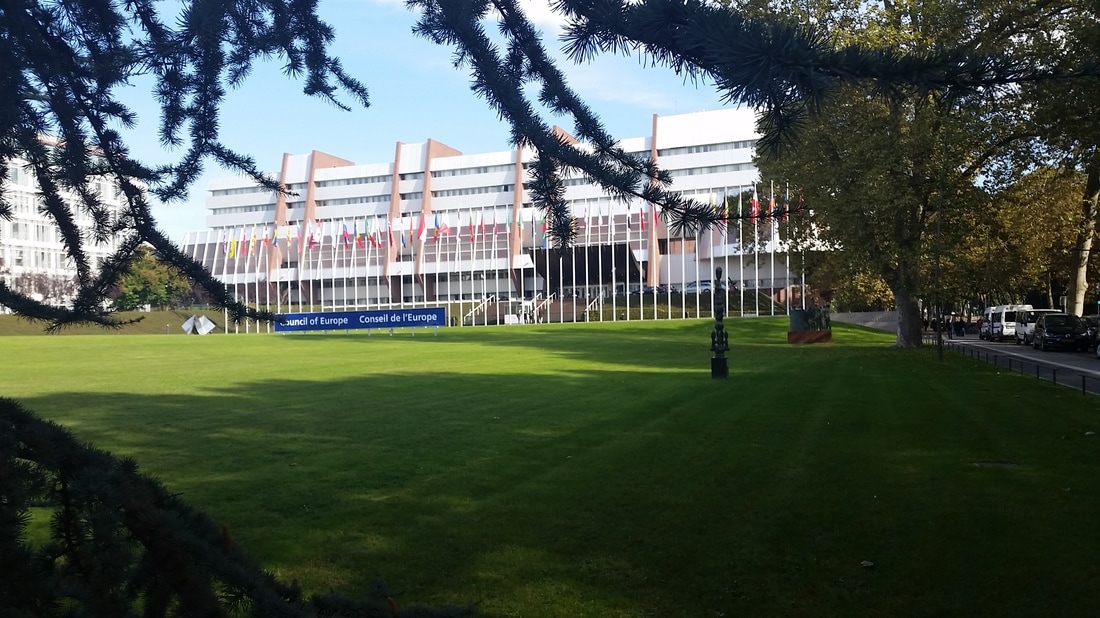
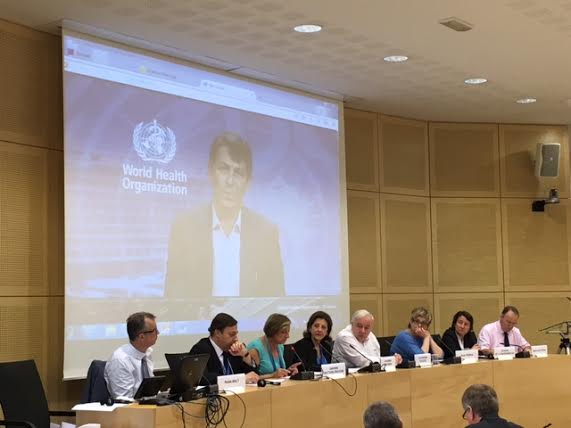
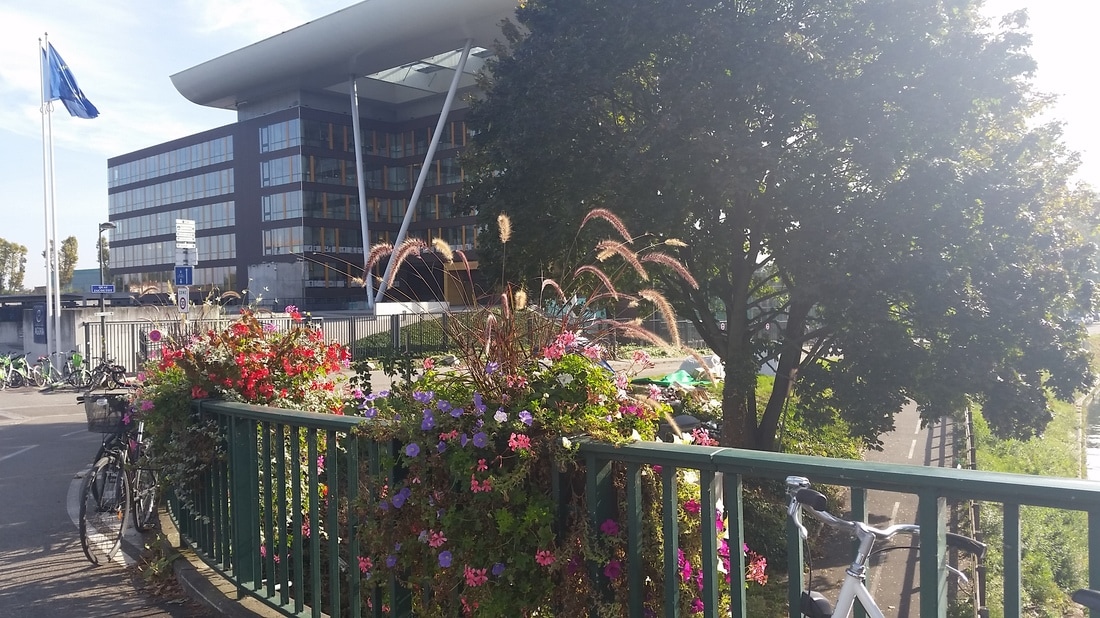

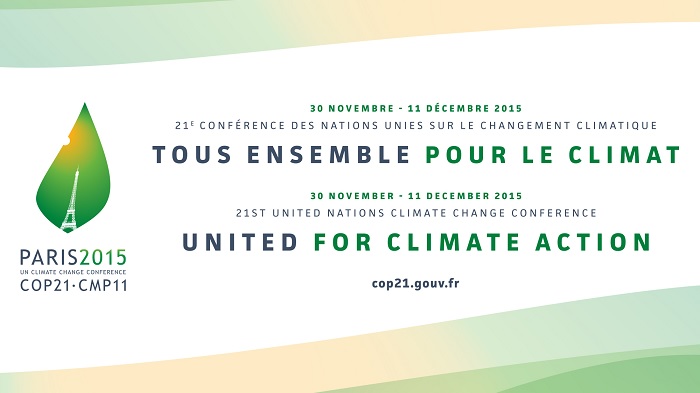
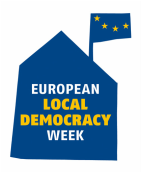
 RSS Feed
RSS Feed